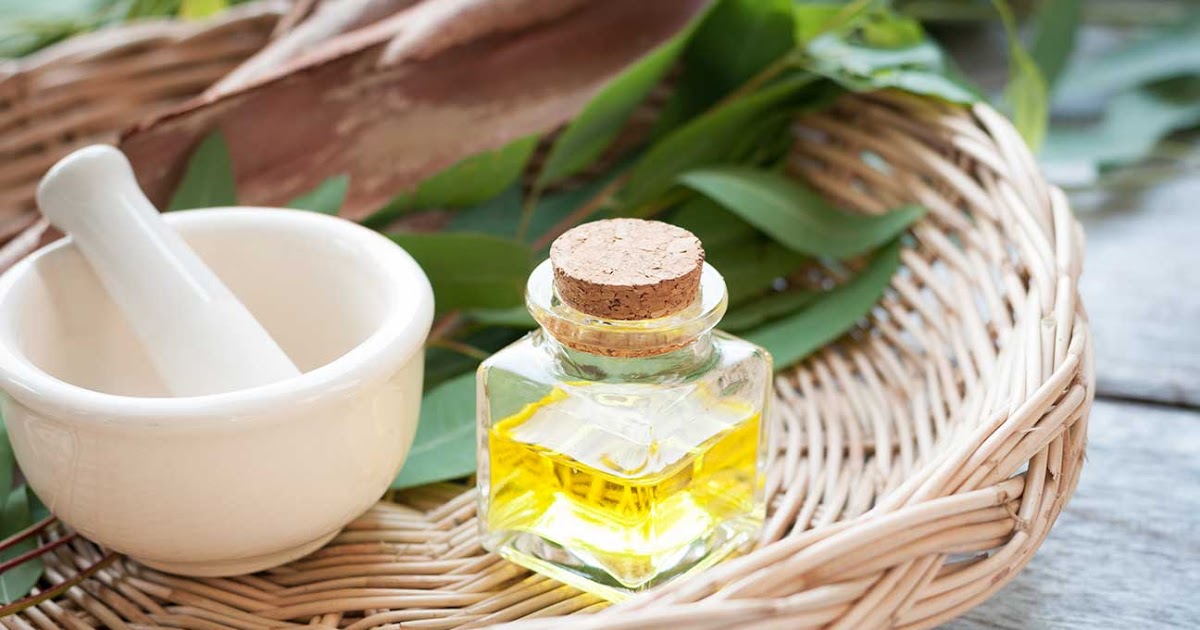How To Get Rid Of Phlegm
Phlegm refers to the mucus released by glands located in the lung passages. Some mucus is considered normal and healthy, and it is responsible for keeping certain areas of the body moist. It also protects these areas from harmful bacteria and viruses. However, in many cases, phlegm may be an indication of excessive mucus buildup, and it can cause discomfort. Excessive mucus often occurs when patients have a common cold, flu, allergies, or another upper respiratory illness. It can also develop due to smoking, lung diseases such as pneumonia or lung cancer, and gastroesophageal reflux disease.
While healthy phlegm is normally clear in color, phlegm produced during times of illness may be yellow or green. Doctors can check for the presence of excessive phlegm by looking in the mouth and throat and listening to the chest with a stethoscope. The remedies described below are often helpful for patients in eliminating excessive phlegm.
Drink Lots Of Warm Fluids

Doctors frequently advise patients with excessive phlegm to drink lots of warm fluids. Warm fluids such as hot herbal tea can be very soothing in instances of an upper respiratory infection that causes excessive phlegm. Staying properly hydrated helps prevent mucus from becoming thick and hard. By keeping the mucus thin and stringy in consistency, hydration encourages the body to eliminate the phlegm more readily. Adequate hydration helps mucus drain from the sinus passages more efficiently for patients with colds or sinus infections. Individuals with allergies may be able to reduce congestion and mucus buildup by consuming sufficient fluid.
In general, doctors recommend drinking six to eight glasses of fluid per day. While juices, teas, milk, water, and coffee can all be included, those experiencing discomfort from phlegm may wish to avoid dairy products until their condition improves, as milk can sometimes increase mucus production, increasing the irritation some patients experience.
Try Eucalyptus Oil

Made from the dried and distilled leaves of the eucalyptus tree, eucalyptus oil is an essential oil that can help reduce congestion, sinus pressure, and excessive phlegm. Individuals should consider inhaling a vapor that includes eucalyptus oil as a main ingredient to reduce phlegm. This is the most common method of using eucalyptus oil; typically, patients rub a eucalyptus-infused cream onto their chest and inhale the vapors. If possible, look for a cream with natural ingredients.
Alternatively, patients may wish to inhale eucalyptus vapors by placing several drops of eucalyptus essential oil into a diffuser. This oil could also be added to a warm bath. Any of these methods will help loosen phlegm and thin it out so it can be more easily removed by the body. Additionally, eucalyptus oil helps provide relief from a stuffy nose, another common ailment among individuals with excessive phlegm.
